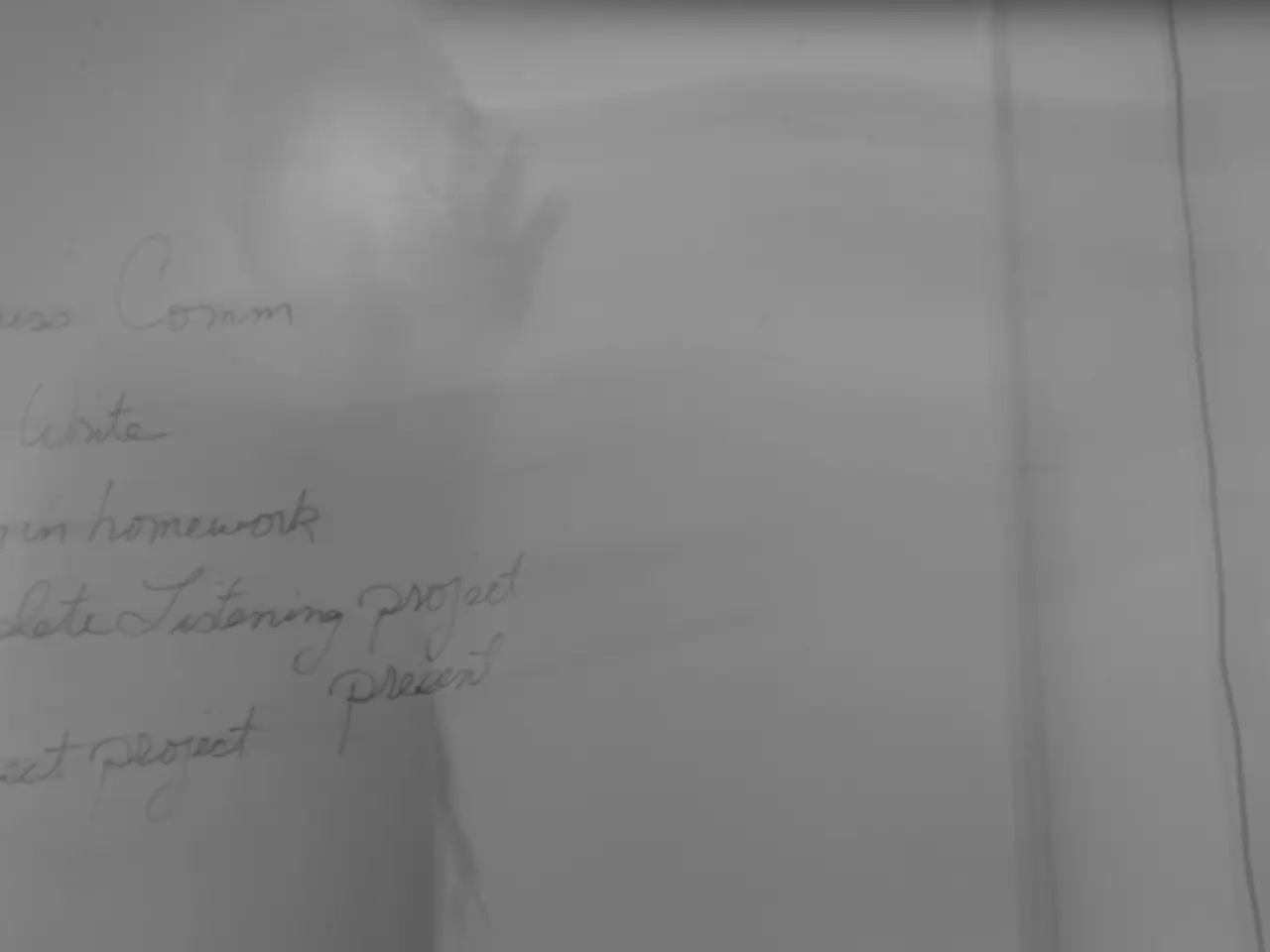Offshore Secrets Unveiled: Are Paradise Papers a Significant Exposure or Merely a Tempest in a Teapot?
Unveiling the Paradise Papers: A Fresh Look
By Barbara Ziegler Published on: 09.11.2017. Updated on: 13.05.2021.
In the world of offshore financial dealings, the spotlight is once again on the secretive empire. This time, it's the Paradise Papers, a trove of confidential documents from a law firm on the Isle of Man, that's taking center stage. The leak shines a light on offshore deals of the wealthy and powerful, including major corporations. The German online gambling sector is also under scrutiny due to these revelations, but are these data truly groundbreaking?
The Paradise Papers are the work of the International Consortium of Investigative Journalists (ICIJ), reminiscent of the Panama Papers published in April 2016. The foundation is once more a multitude of documents, this time millions of files from the law firm Appleby on the Isle of Man. The specifics of the information leak, aside from being labeled as a "data leak", remain shrouded in mystery. The papers reveal how Appleby assisted international corporations and wealthy individuals in circumventing tax obligations.
The German press spearheading the investigation, WDR, NDR, and Süddeutsche Zeitung, continue to disclose the fruits of their research. This extends to online gambling in Germany as well—among others, the names of some German banks and the company Gauselmann, known for its Merkur slot machines, surface. The latter is alleged to be "involved in illegal online gaming," while the banks are said to be "systematically supporting the business." In the case of Gauselmann, the accusations are based on documents that confirm a collaboration with the law firm Appleby in the establishment of the subsidiary Edict Egaming IoM Limited. Through this company, Gauselmann is said to have distributed online versions of its games and thus penetrated illegal online casinos, according to tagesschau.
Previous Exposure
However, what the media presents as a bombshell has been common knowledge for quite some time. Gauselmann acquired Edict Egaming from the state-owned Hamburg casino in 2008, with the purpose of digitalizing its games. These games have been playable in numerous online casinos for years. The predicament lies less in the sensationalized media portrayal of the connections and more in the idea that these activities and online casinos as a whole are illicit. While it is true that no corresponding concession can be obtained in Germany, and therefore third countries are employed, the legal dynamics are far more complex. Because the casinos usually possess valid European licenses and rely on the freedom to provide services within the EU. Furthermore, Gauselmann itself is not the proprietor of the games. The company sells licenses for its games to other companies and is thus only indirectly implicated. The claim that the company is "involved" may hold merit, but it is unlikely to play a significant role in legal proceedings. Most importantly, the online foray of a company like Gauselmann is by no means surprising.
Specifically, Gauselmann stresses in a statement that the German authorities are apprised of these activities and it’s on that basis that the authorities refrain from taking action. However, the authorities' inaction is not an indicator of legality, but rather it underscores the intricacies of the matter and should draw media attention to those very subtleties. It seems that something is being artificially blown up into a scandal, which industry insiders and authorities have been aware of for years. Similar sentiments hold true in the case of the banks.
The Problem Lies with the State
The accusations are diverted once more. Banks are unaware of which gambling providers are legitimate and which are not. Some bookmakers and casinos still possess old licenses from Schleswig-Holstein, many have no German concession, and many are mired in the lengthy licensing process. Some also offer different types of games, such as legal but unregulated sports betting and disputable casino games.
However, providers would only be excluded from payment transactions at the request of the banking supervisor (BaFin). This has not occurred. The institution cites the responsible states, which hold the gambling supervision. It has waited for years for a list of legal providers to act in accordance with the law. The NDR thus contacted the Ministry of the Interior of Lower Saxony and requested information about such a list. The authority acknowledged the absence of such a list and frankly admitted that no work is being done on one.
Paradise Papers Reflect Symptoms, Not Causes
This illustrates the predicament with German online gambling. The state—represented by the states—is incapable of presenting a unified legislative framework. There are permits and bans, yet neither are implemented. The result is a chaotic state that harms both companies and consumers. The lack of reasonable consumer protection for online players is evident, as the banned can't be regulated.
However, the demand for gambling, especially digital gambling, remains insatiable. The recalcitrance of the legislator to acknowledge this reality initially fuels the uncontrolled growth within the industry, which journalists now claim to have unearthed. The findings from the Paradise Papers concerning online gambling only serve to highlight symptoms, they may also pinpoint morally questionable behavior. However, the underlying illness is political inactivity.
What is the true significance of the Paradise Papers in the context of the German online gambling sector?Given the longstanding knowledge about the connections in the sector, the paradoxical inaction of the authorities, and the lack of a unified legislative framework, it appears that the Paradise Papers are merely reflecting symptoms rather than revealing groundbreaking information or causes in the world of German online gambling.





